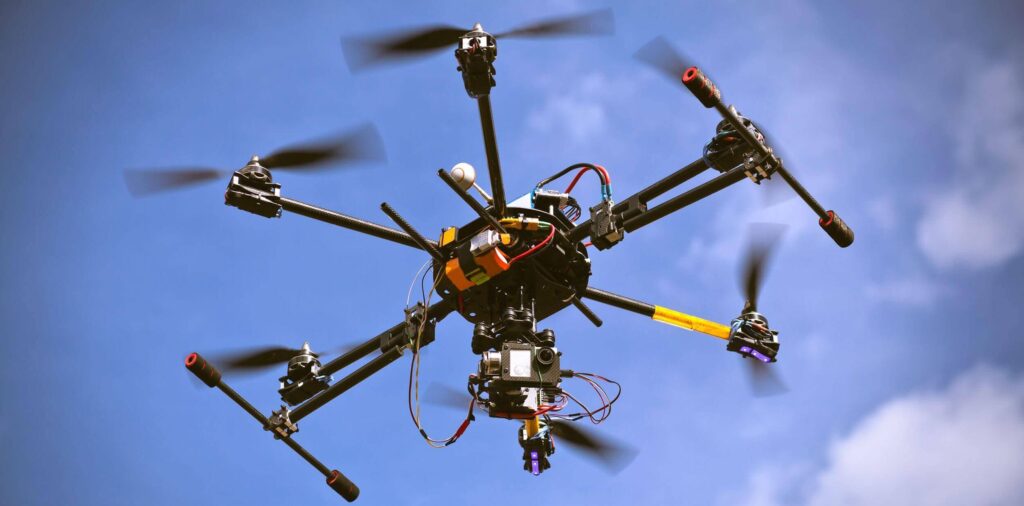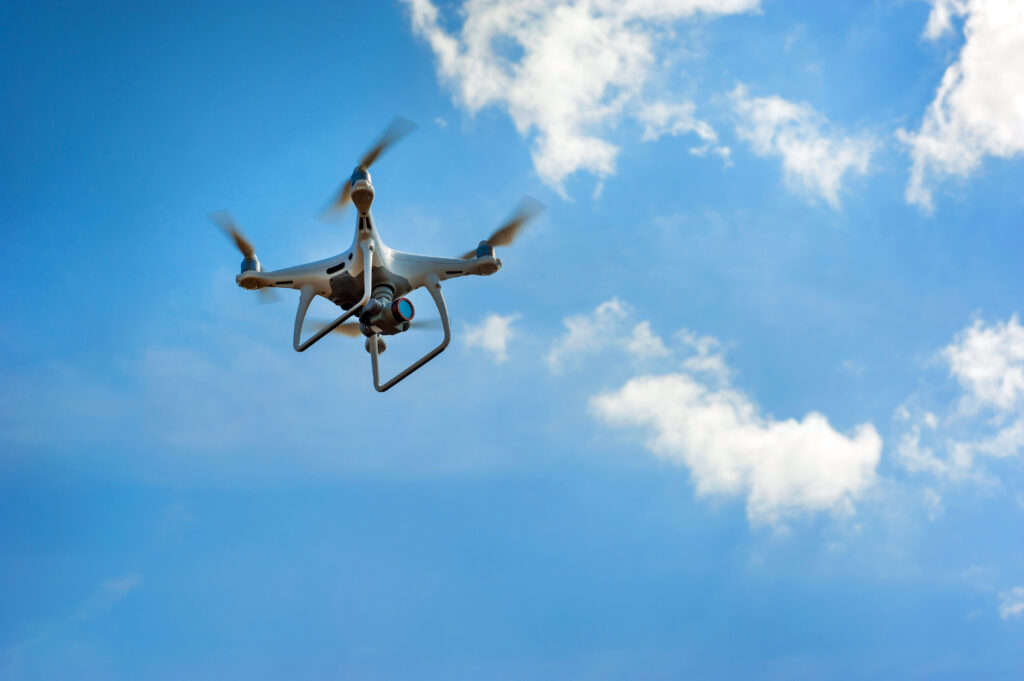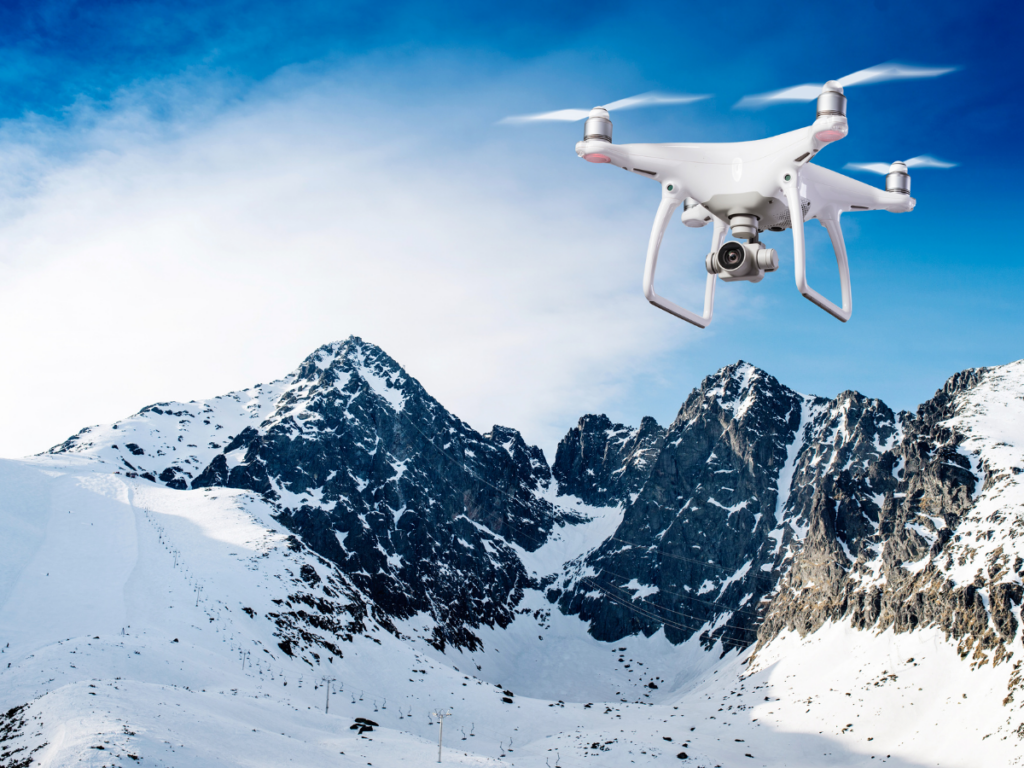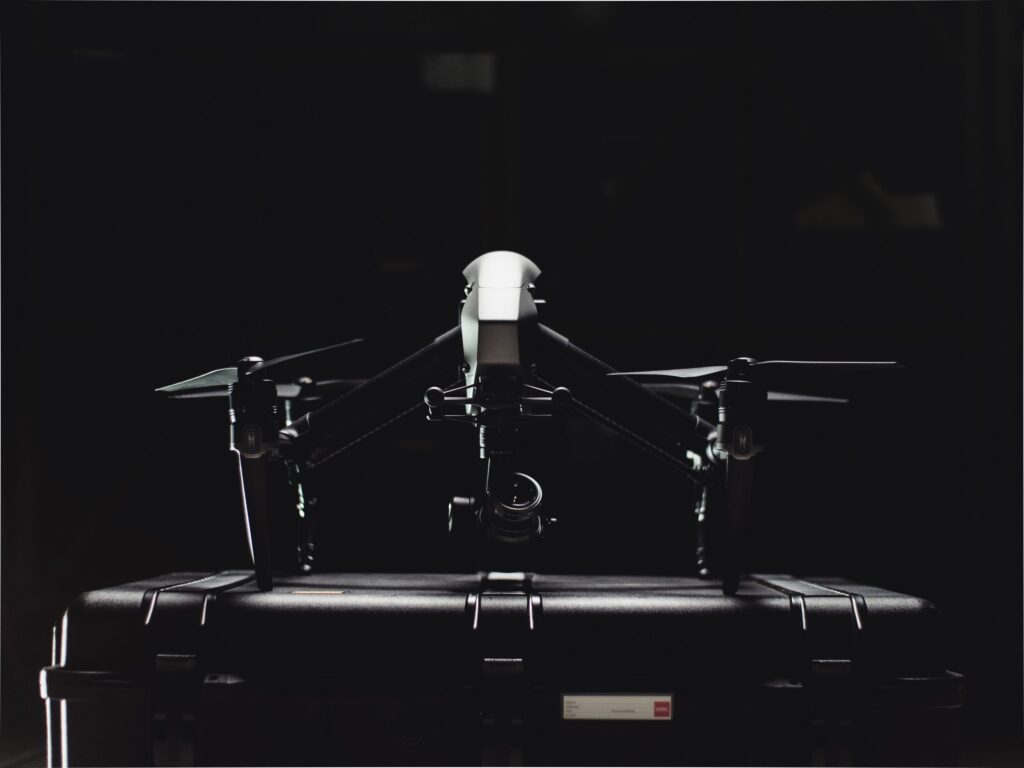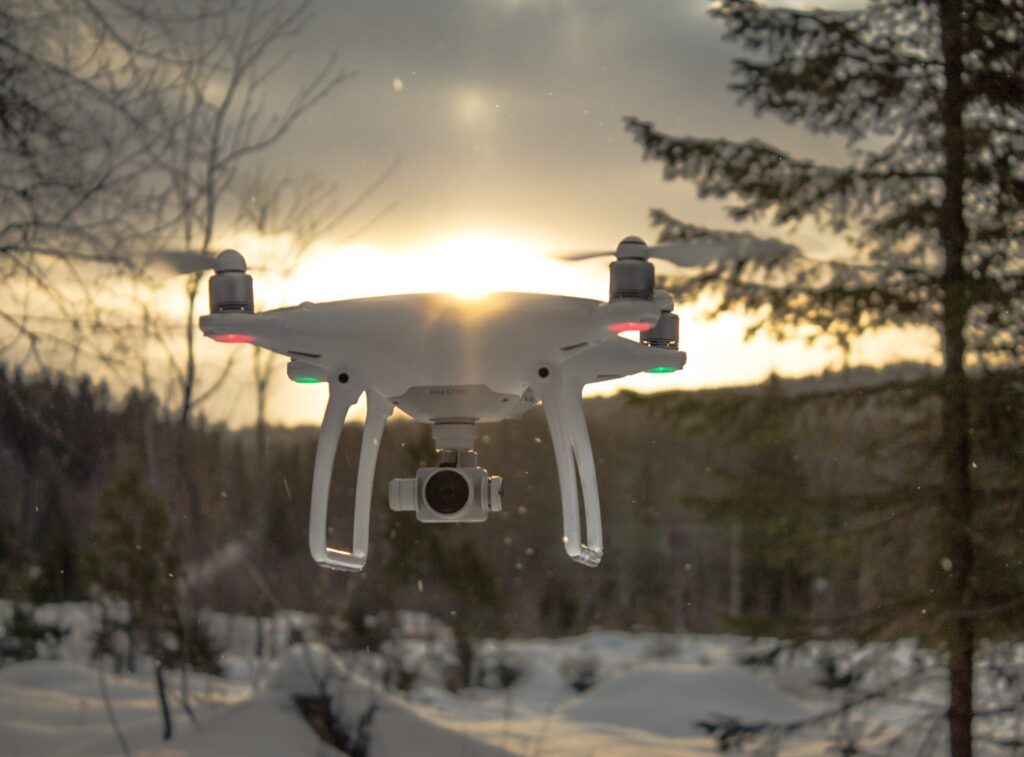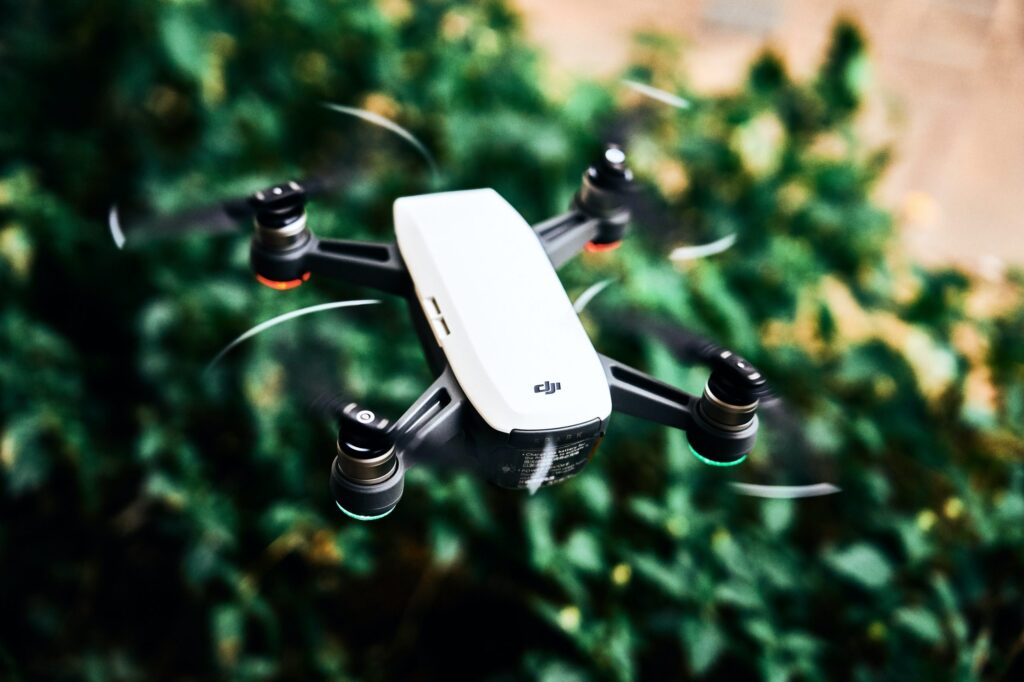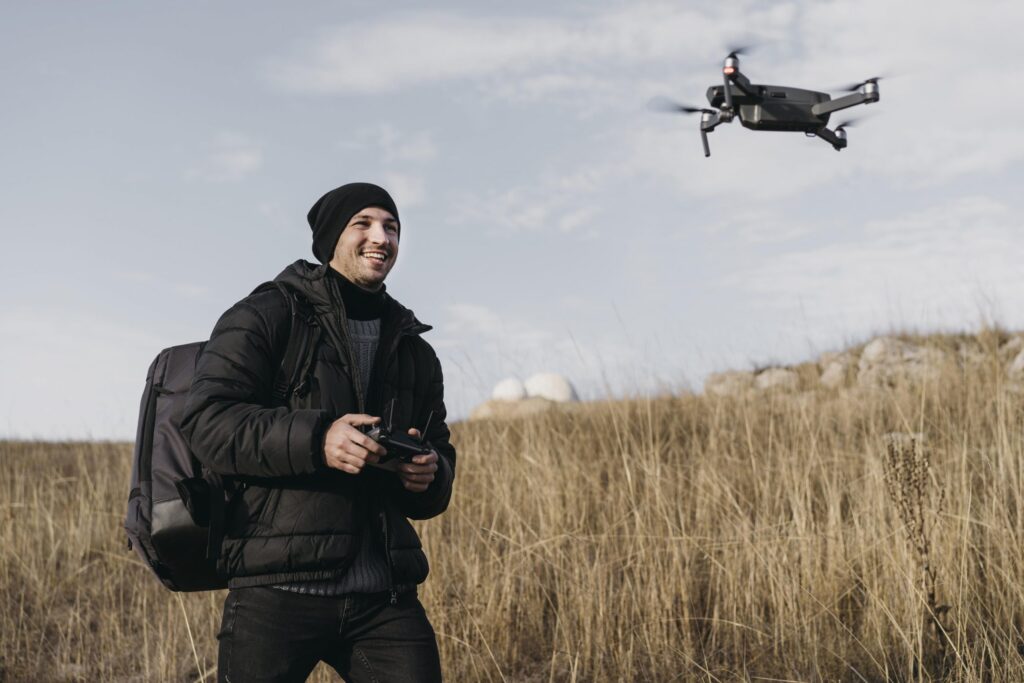Flying a drone looks like it should be easy. After all, it’s only going up into the air and maybe moving from side to side. There doesn’t seem to be a lot to the process. However, there is more to drone flying than you think. Taking drone pilot training online is a great way to get the skills you need to fly a drone properly and safely.
In addition to learning how to fly your drone safely, you also need the information covered in drone pilot training courses to stay in compliance with current Canadian laws. If your drone is between 250g and 25kg, you must pass an online exam and register the drone. Pilot training is the first step to getting there.
Drone Pilot Training Online
As of June 1, 2019, Transport Canada required that all drone and Remotely Piloted Aircraft Systems pilots pass an exam to be able to fly. If you want to use your drone for basic operations, and you are at least 14 years of age, you only have to pass the Small Basic Exam. To be able to use your drone for advanced operations, and if you are at least 16 years of age, you have to pass the Small Advanced Exam and also have an in-person flight review.
These exams can be taken on the Drone Management Portal, and they have a fee. You will login to the system using your GCKey or your online banking login. The flight reviews are conducted at affiliated drone flight schools by flight reviewers.
Benefits of Taking Online Drone Pilot Training
There are many benefits to taking drone pilot training online, including the fact that they are up to date with the most current rules and regulations. Knowing these will keep you in compliance with the law and reduce the chances of you getting a fine.
Taking online pilot training can also give you other skills and information on how to pilot your drone in a safe manner. Not only will this keep you and other people safe, but it will also protect property and the drone itself.
Exemptions
There are a couple of exemptions when it comes to taking an online piloting course. If your drone weighs less than 250g, it doesn’t need to be registered and you don’t need to pass the exams. In addition, if you are a member of the Model Aeronautics Association of Canada, you might also be exempt from registering your drone. However, you have to meet the exemption requirements.
Penalties for Not Passing Exams
If you fly your drone without passing the exam or registering it, you can be fined up to $1,000 as an individual or $5,000 for commercial users.
Basic vs Advanced Certification
If you plan on using your drone for recreation and it’s under 25kg, then you can apply for the basic operation certification. When it comes to commercial flying, you can keep just a basic certification, but you might prefer the freedom of an advanced certification. If you decide to get an advanced certification, you can fly less than 30m from bystanders, depending on the declaration from the drone manufacturer, and in controlled airspace. This means you have the ability to fly near airports and heliports and can operate your drone in most of the major cities.
When it comes to advanced certification, you will need to keep your certification up to date. Every two years you will need to recertify and prove that you have the necessary skills and documentation to continue to operate the drone at an advanced level.
Finding Online Drone Pilot Training
If you’re looking for drone pilot training online, contact Drone Pilot Training. They can get you the skills and information you need to get your basic and advanced certification and how to operate your drone safely.

